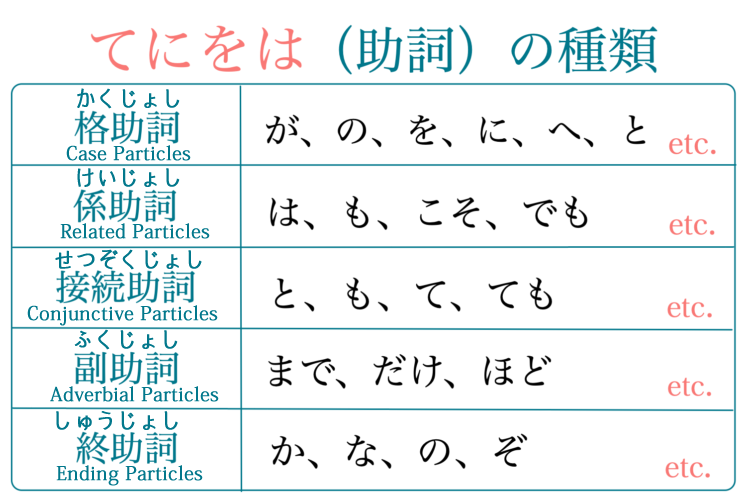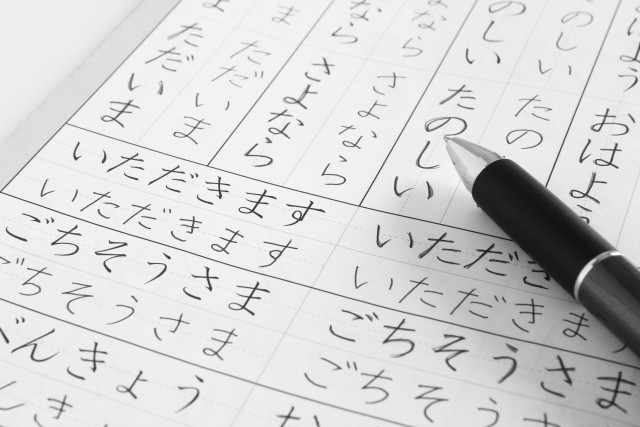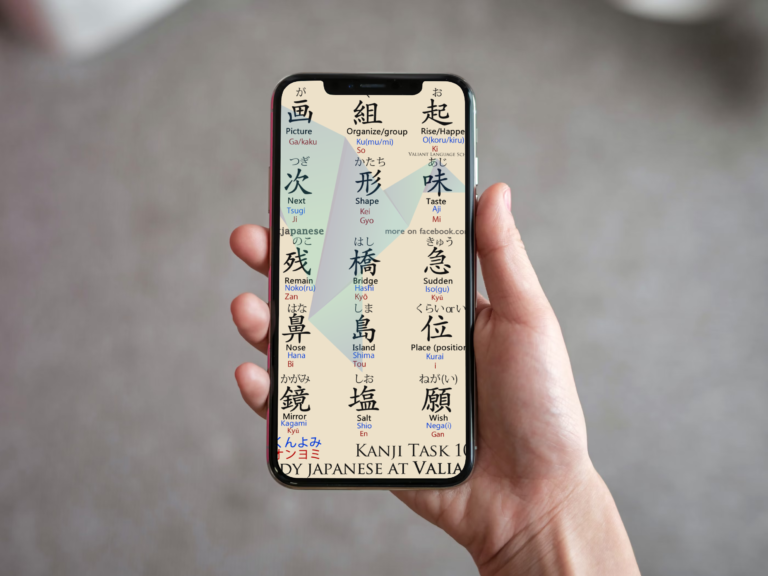Imagine arriving in a foreign country where you can’t communicate with the locals due to a language barrier. It can be a daunting experience, but with determination and with the right teacher and learning method, incredible transformations are possible. Meet John, an ambitious individual who embarked on an extraordinary journey in Japan, overcoming language barriers…
Why Private Japanese Lessons Can Help You Achieve Your Language Goals?
If you’re interested in learning business Japanese, and become more competent Japanese speaker at your workplace, taking normal general Japanese class might be insufficient. While advanced level Japanese class such as N3 to N1 will definitely assist you in understanding conversations much easier, your competence in leading a team to better corporate performance or leaving…
Investing in Yourself: The Long-Term Value of Private Japanese Lessons.
Business Japanese Private Japanese Lesson Japanese School In Tokyo Learning Japanese is an investment in your future. It will help you communicate with the Japanese people and understand their culture. It’s also a skill that will always be useful, no matter where you live or how old you are. While group classes can be convenient…

What are Japanese particles?
Particles are referred to as 助詞”joshi” or てにをは”tenioha” in Japanese. In a Japanese phrase, these one-syllable building components come following a noun, verb, or adjective. Each of these words is modified by them, reflecting the word’s function in the sentence. The main Japanese particles, their functions, and their appropriate applications will all be covered in…

Why do we need to learn Hiragana and Katakana when studying Japanese?
In this article, we will discuss the importance of studying hiragana and katakana in Japanese language. Firstly, hiragana and katakana are two of the three writing systems used in the Japanese language, with kanji being the third. Hiragana is a set of 46 characters used to write native Japanese words, while katakana is a set…
How Private Japanese Lessons Can Improve Your Speaking and Listening Skills?
If you’re looking to improve your Japanese speaking and listening skills, taking private lessons can be an effective way to do so. Private lessons allow for personalized attention, which can help you progress faster than group lessons. In this article, we’ll explore how private Japanese lessons can benefit your language-learning journey and how attending a…

Why studying Japanese using apps can be difficult
In recent years, studying Japanese using apps have become increasingly popular as a convenient and affordable way to learn the language. While these apps have the potential to be effective tools for studying Japanese, many people struggle to achieve fluency through their use. In this article, we will explore some of the common reasons why…
The Benefits of Private Japanese Lessons versus Group Classes
Learning a new language can be a daunting task, but it can also be an incredibly rewarding experience. Regarding learning Japanese, there are two main options: private lessons or group classes. While both have advantages and disadvantages, private Japanese lessons offer many benefits that group classes cannot. Tailored Curriculum One of the most significant advantages…

Discovering the Beauty of Japanese Language: Elevate Your Learning with Private Lessons
Japanese is a beautiful and complex language that has fascinated people worldwide for centuries. From its unique writing system to its rich culture and history, there are countless reasons to learn Japanese. However, like any language, mastering Japanese requires dedication, effort, and the right tools. Private Japanese lessons are one of the most effective ways…
Mastering the Art of Business Japanese: The Language of Success!
Are you looking to expand your business or work opportunities in Japan? If so, learning Business Japanese can give you a significant edge in this competitive market. Japan has a rich culture and a unique business environment that values politeness, respect, and formality. In this blog post, we will explore the importance of business in…

How to Make the Most of Your Private Japanese Lessons
Have you considered taking Private Japanese lessons but don’t know where to start? Private Japanese lessons can be a great way to learn the language, even if you are a beginner. With a one-on-one approach, private Japanese lessons provide an immersive learning experience that can help you quickly master the basics of the language. In…
Tips for Choosing the Right Private Japanese Lesson Provider
Learning the Japanese language can be an excellent asset for businesses looking to expand into the Japanese market, as it allows for better communication and understanding of the culture. While there are many different ways to learn Japanese, enrolling in private Japanese lessons can be a great way to ensure you get the most out…
Many reasons, why Valiant stands out among other language schools
Valiant Language School is widely regarded as the premier destination for Japanese language education. There are many reasons why Valiant stands out among other language schools, but some of the key factors that contribute to the high-quality of its Japanese lessons include: 1. Experienced and knowledgeable teachers: All teachers at Valiant Japanese School in Tokyo,…
Best Tips to Learn Japanese Lessons in Tokyo
There are many ways to learn Japanese, and the best method for you will depend on your learning style, goals, and schedule. Some people find that they learn best through traditional classroom instruction, while others prefer to learn on their own using textbooks or online resources. Here are a few tips for learning Japanese: 1….
The benefits of learning Japanese with Valiant Language School
It’s no secret that Japanese is a tough language to learn, but did you know there are many benefits to learning Japanese? This blog post will explore the top 10 benefits of Japanese lessons. We hope that after reading this, you’ll be convinced that learning Japanese with Valiant Language School is the way to go!…
